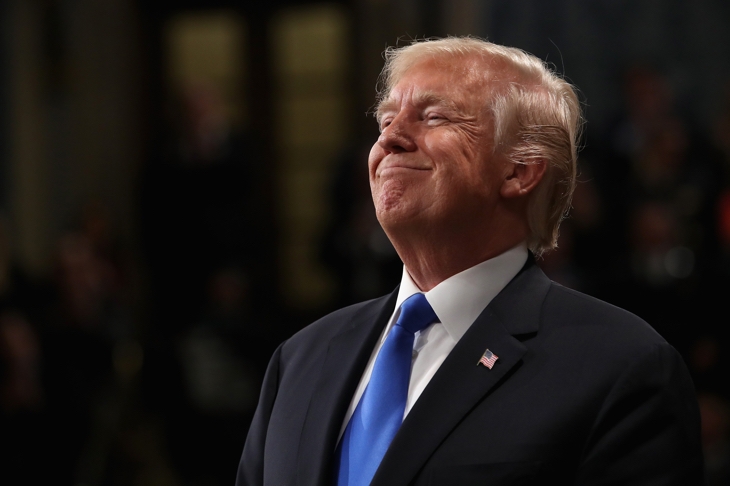Now that the EU white paper is out we can see that terms like vassal state, colony and homage were well chosen and that Donald Trump’s doubts are valid. The commitment to a common rule book that includes a pledge to enforce state-aid rules is effectively promising not to try too hard to be economically successful. And yet state aid has hardly been mentioned in the debate.
Freedom from the EU straitjacket gives us the chance to show how an independent people can create prosperity but instead of seizing the day the Government is worried about disrupting integrated EU supply chains, which may involve a car component being made in Italy, then taken to Germany for finishing, before being installed in a car in a UK factory. This remarkably wasteful practice is also environmentally harmful because of avoidable transportation costs and is already being replaced by shorter supply chains.
It makes economic sense for components to be manufactured near the car factory, but there is an initial investment that may involve the Government. Under the white paper, our Government will have to get permission from Brussels before it can support investment in a home-based supply chain and the high-paid jobs that go with it. What will happen when we apply to Brussels for permission to spend our own money? Rival German car manufacturers, some of whom have already shown how unscrupulous they are on emissions testing, will lobby the EU to prevent British investment. Suppressing innovation serves the interests of existing manufacturers but prevents new entrepreneurs from developing the technologies and industries of the future.
Every country that has ever flourished economically achieved its success by wise government policies of investment and support. It’s how Germany and the USA overtook Britain in the last quarter of the nineteenth century, and it’s how the post-war miracle countries, Germany and Japan, were successful. It is also how Taiwan, South Korea and Singapore became Asian tigers, and it is how Brazil and India became successful from the 1980s. Above all it is how China has grown to economic prominence, and it continues to be the basis of American success. The USA has always supported research and development with public funds, subsidised business loans through the Small Business Administration, subsidised manufacturing especially through its vast defence budget, and allowed federal states to implement economic plans to support local manufacturing with state funds.
The EU is terrified that we will make a success of our independence. It knows perfectly well that its iconic policies have proved disastrous. The eurozone is fatally flawed and the Schengen agreement on immigration is in tatters. If we prosper, it will send a message to countries such as Italy and Spain, where unemployment is high, that there is another way. The EU’s negotiating strategy is to make British success as difficult as possible. They are scared stiff that we will flourish and show the world how misguided the EU project is. Instead of pressing home our advantage, Theresa May’s white paper plays into the hands of the fearful and defensive EU oligarchs. It’s as if she wants us to enter a race while making a solemn promise to the other contestants that we will not run at full speed. Leaving without an agreement would be better than accepting the white paper.
David Green is Director of Civitas






Comments